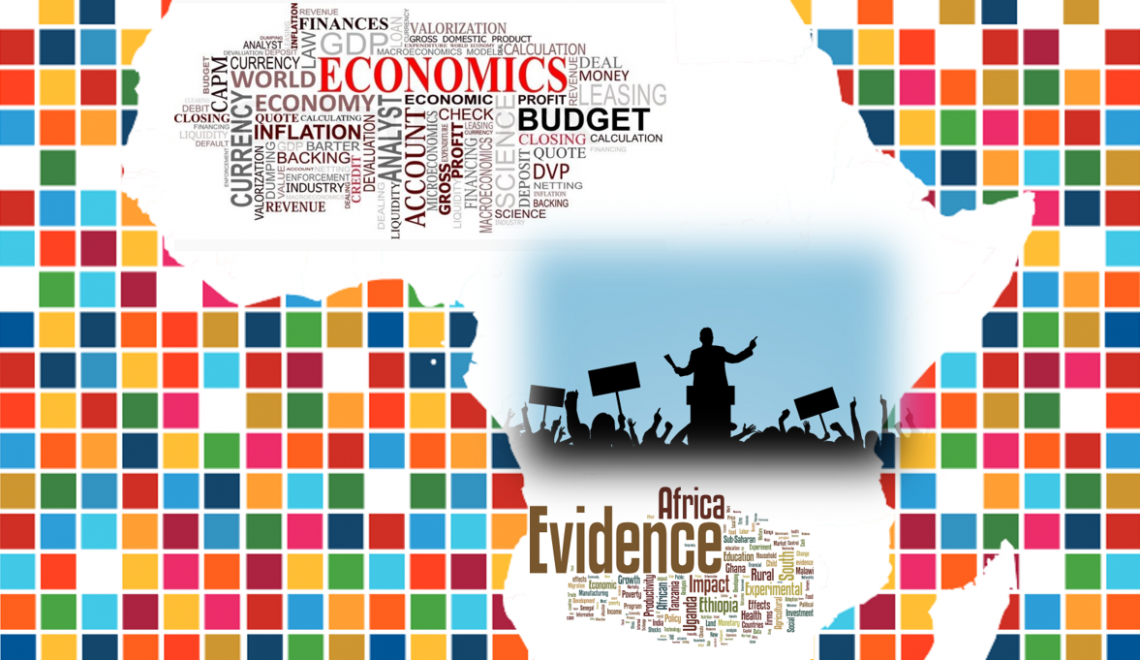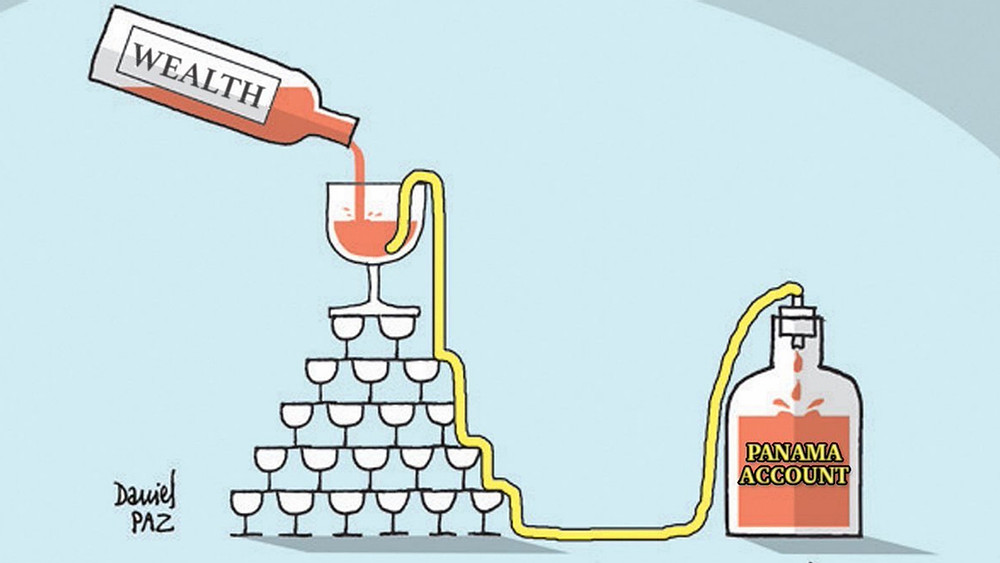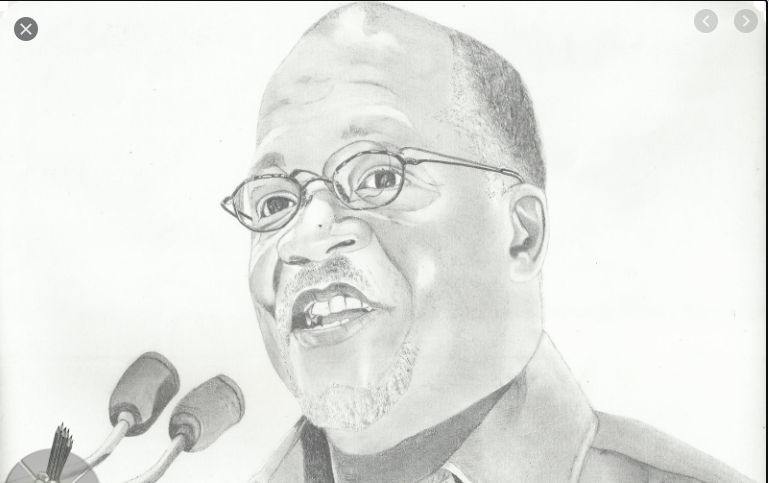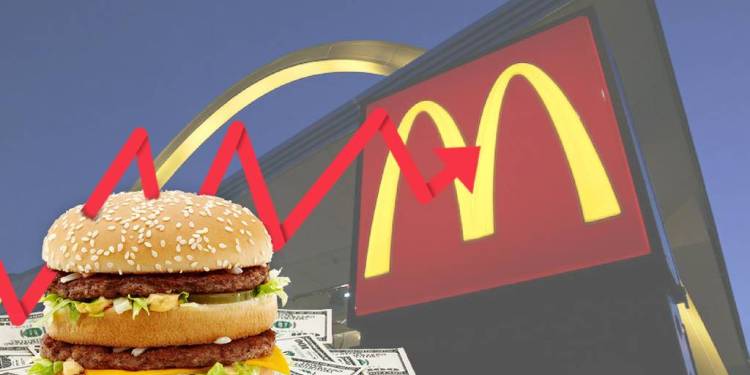
The election results from several countries in Sub-Saharan Africa (SSA) are coming thru this season. Either the incumbents (and winners for that matter) are too popular that all the voters endorse their continued stay, or there is something more pungent afoot than the results explain. It just cannot be that we all think alike (and are therefore content with the status quo) or that these are the guys (and governments) we would necessarily want to be in charge of our affairs.
In Tanzania, incumbent John Pombe Magufuli won with 84% of the vote. In the parliamentary election, the opposition seem to have been decimated. His party returned 194 members of parliament versus just two for the opposition. In Ivory Coast, 78 year old Alassane Ouattara won with 84% of the vote. This, after promising he would not be going for a third term. Nearby in Guinea, 82 year old Alpha Conde won with 60% of the vote. The elections, come along with a lot of violence and bloodshed, with some natives ending up either dead or in prison. And that is not to mention the meagre resources wasted on these one sided dramas.
This story sounds familiar for most of SSA, but it is the untold part that perhaps would help complete the picture and also give us heart. Without exception, many of the voters have chosen to stay away. According to reports, in Tanzania, 50.72% of the eligible voters did not participate in the election. For Ivory Coast, it was 46% of the eligible voters who did not turn up while in Guinea it was estimated that 22% did not vote. The Seychelles and Malawi are two countries that have bucked the trend by choosing an opposition figure.
That is just the politics and it paints a bleak picture. But what about the economics? SSA is home to about a billion people and that is almost 12% of the world’s population. 50% of these people are below 25 years old. The contribution of our one billion or so people to world GDP is just about 2%. That is equivalent to the output of Spain! About 66% of our people are employed in agriculture. The average income per capita for SSA is US $ 1,385 but with over 48.5% of the people living on less than $1.25 a day. Life expectancy is about 56 years and the population is growing at an average rate of 2.7%, but with a lower than average human development index, compared to the rest of the world.
Believe it or not, there are countries in Africa where people are fighting each other to be recognized as either English or French speaking! Despite the Pan Africanism rhetoric, Africa remains a very divided continent, trading less with itself compared to the rest of the world (even if there is some progress here). Many countries, even where they have signed up to regional trade agreements still place all sorts of non-tariff barriers on each other’s products. It is still easier to fly to London from Entebbe than it is to travel to say Liberia.
Bad politics, accompanied with violence and subjugation of citizens is more common than dialogue and accommodation. Unfortunately, this bad politics distracts from a more strategic and wholesome view of the economy. It is a vicious cycle that creates more inequity and poverty. State resources are spent on oppressing the natives rather than improving their livelihoods and dignity. The place of the colonial master has simply been replaced by the government official/soldier who enjoys more than his/her fair share of the constrained resource envelope.
There will be more elections coming our way. And those elections will be accompanied with more violence and bludgeoning of those who oppose the ruling juntas. It just seems to be the way of SSA – a way borne of bad politics and the resultant bad economics. We just have to wake up and smell the coffee!
Samuel Sejjaaka is Team Leader at Mat Abacus Business School. Twitter @samuelsejjaaka



